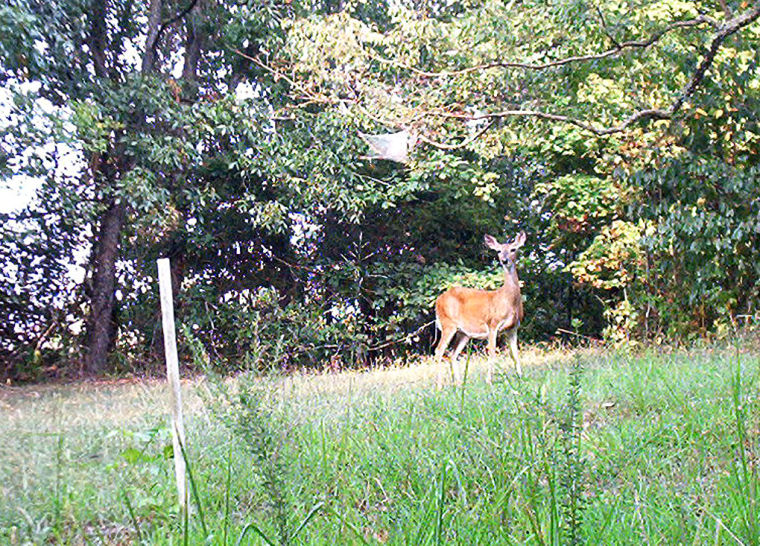The Home & Garden Spot: Blue-tongue disease in deer
Published 9:00 am Wednesday, December 28, 2016
The current drought creates the perfect conditions for a viral disease that could affect deer and cattle.
Trending
Epizootic hemorrhagic disease (EHD) and the closely related blue-tongue disease can be fatal to the animals it infects.
Both diseases are viral and have the potential to infect deer, cattle and other ruminants (but not humans) through tiny biting midges that breed in shallow bonds. Ideal conditions are warm water with low oxygen and high nutrients, meaning cattle ponds are often perfect areas for the insects to breed.
The current drought creates perfect conditions for the midge. Ponds and other water holes are drying up and the remaining water will be warm, muddy and high in nutrient contents.
While deer usually receive a large portion of their water from succulent plants, drought conditions cause forage quality and moisture content to drop, forcing deer to head to ponds to drink. This increases the contact that deer will have with the biting midges.
Dead deer found in and around water would be the most obvious sign of EDH. Since the disease causes a fever, deer will seek water to cool off, where they often expire.
Earlier signs of EHD include weakness, swollen head, neck, tongue and eyelids. They may also lose their fear of man, and may show ulcers on their tongue and irregular hoof growth.
Trending
Deer will usually die within 10 days of infection. Not all infected animals will succumb to the disease, however. Those that are able to survive will build antibodies to the disease. Unfortunately, there are no vaccines for either of these viral diseases.
Land managers can provide clean sources of water for wildlife using plastic swimming pools or cattle troughs. Of course, the water in these will need to be cleaned out frequently to prevent further spread of diseases.
If you suspect you may have confirmed a case of EHD, contact your local extension agent.
For more information on topics related to wildlife management or your home and garden, contact the Limestone County Extension Office at 1109 W. Market St. in Athens. The office is open 8 a.m.-4:30 p.m. Monday through Friday. Also call 256-232-5510 or visit www.aces.edu for more information.






